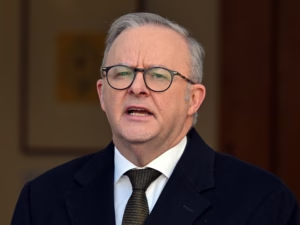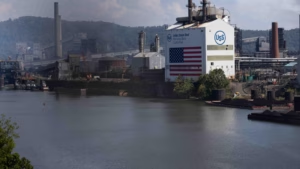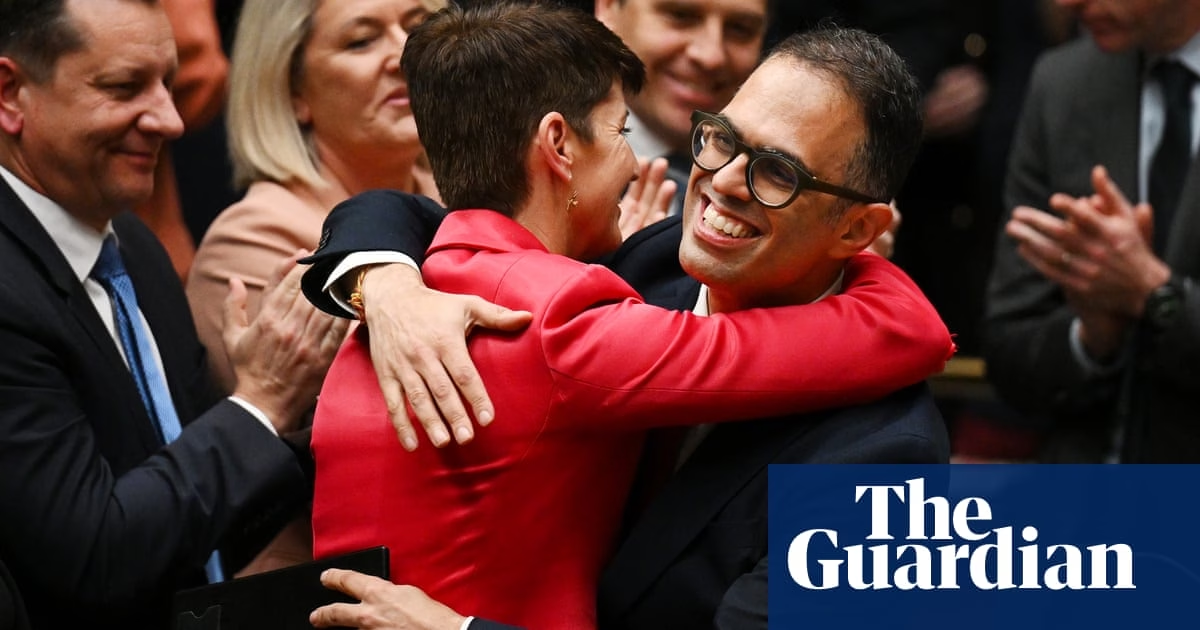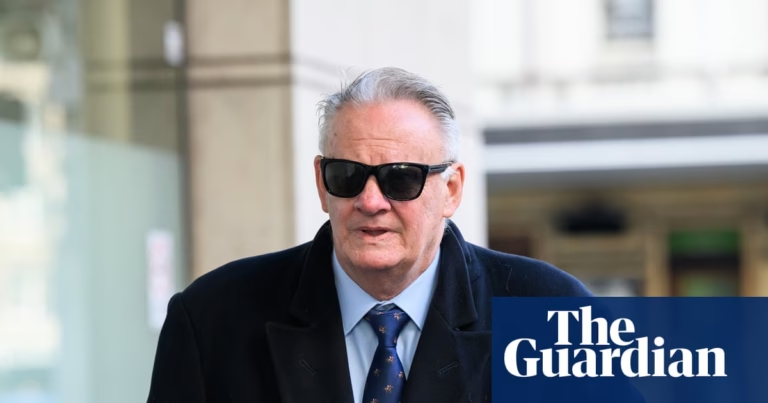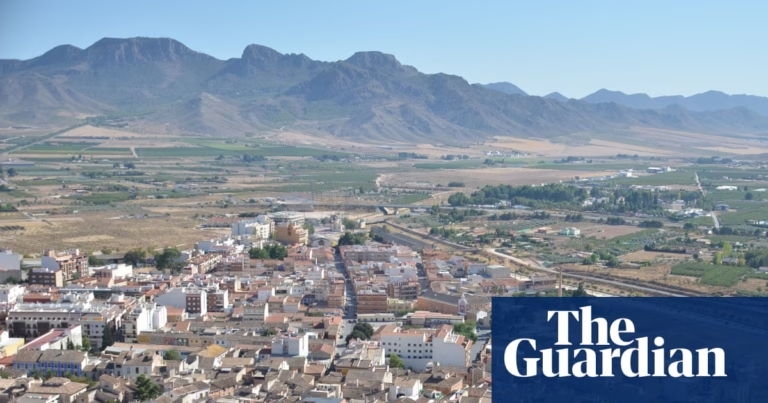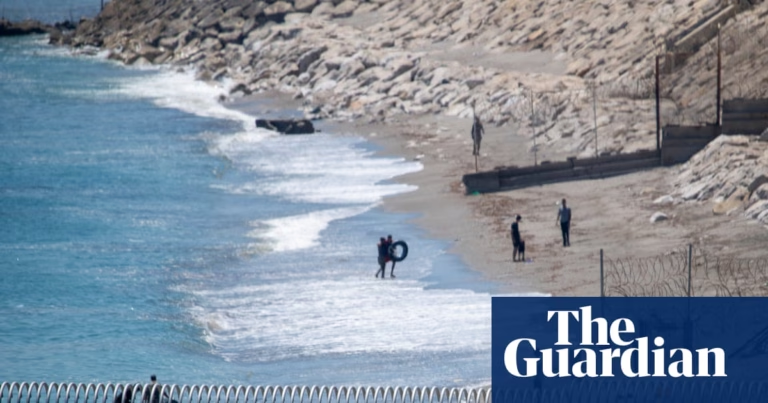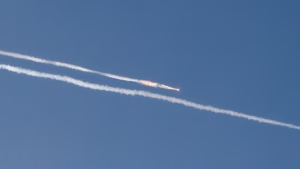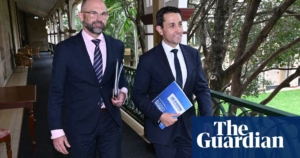The Minis Labor government has unveiled its third budget, characterized by cautious management and minimal spending. While this budget may appease ratings agencies and those concerned with New South Wales’s AAA credit rating, it falls short of addressing some of the state’s and nation’s pressing issues such as the cost-of-living crisis, housing shortage, climate change, and other environmental challenges. No major infrastructure projects were introduced, and measures to stimulate private investment in housing and increase the number of tradies are considered modest.
However, the government did announce a $5.1bn social housing package last year, which will result in the construction of 8,400 dwellings over the next four years. This year, Treasurer Daniel Mookhey remains focused on encouraging private-sector investment in housing. The government is willing to waive levies of $12,000 per lot if developers provide infrastructure such as schools and roads. Additionally, a pre-sale guarantee will be used to buy 5,000 dwellings off plan, assisting mid-tier developers to secure financing for their projects. Despite these efforts, concerns about the growing population and lack of infrastructure planning persist.
The budget also reveals a decline in infrastructure investment, which peaked at over $30bn in previous years and will decrease to $28bn by 2028-2029. Mookhey has also taken note of Sydney’s aging water infrastructure and promises further investment. Regarding the transition to renewable energy and reducing emissions, the budget lacks new programs for solar or battery stimulation, with Mookhey highlighting investment in the Newcastle port facility for wind turbines. Moreover, the budget shows a significant increase in disaster relief due to recent floods.
In terms of cost-of-living concerns, the budget offers no solutions. The toll relief for Sydney motorists will expire on 1 January as Mookhey faces negotiations with Transurban, the private toll operator. While Mookhey advocates for boosting public-sector wages, households in Sydney still struggle with living in the most expensive city in the country. The budget also falls short on environmental efforts, failing to provide additional funding for the establishment of a great koala national park. Mookhey remains tight-lipped about his plans for the future, hoping that modest spending on innovation, a new film studio, and a fast track for businesses will keep them content. The citizens of NSW will have to wait and see.
Source: https://www.theguardian.com/australia-news/2025/jun/24/nsw-state-budget-2025-explainer
